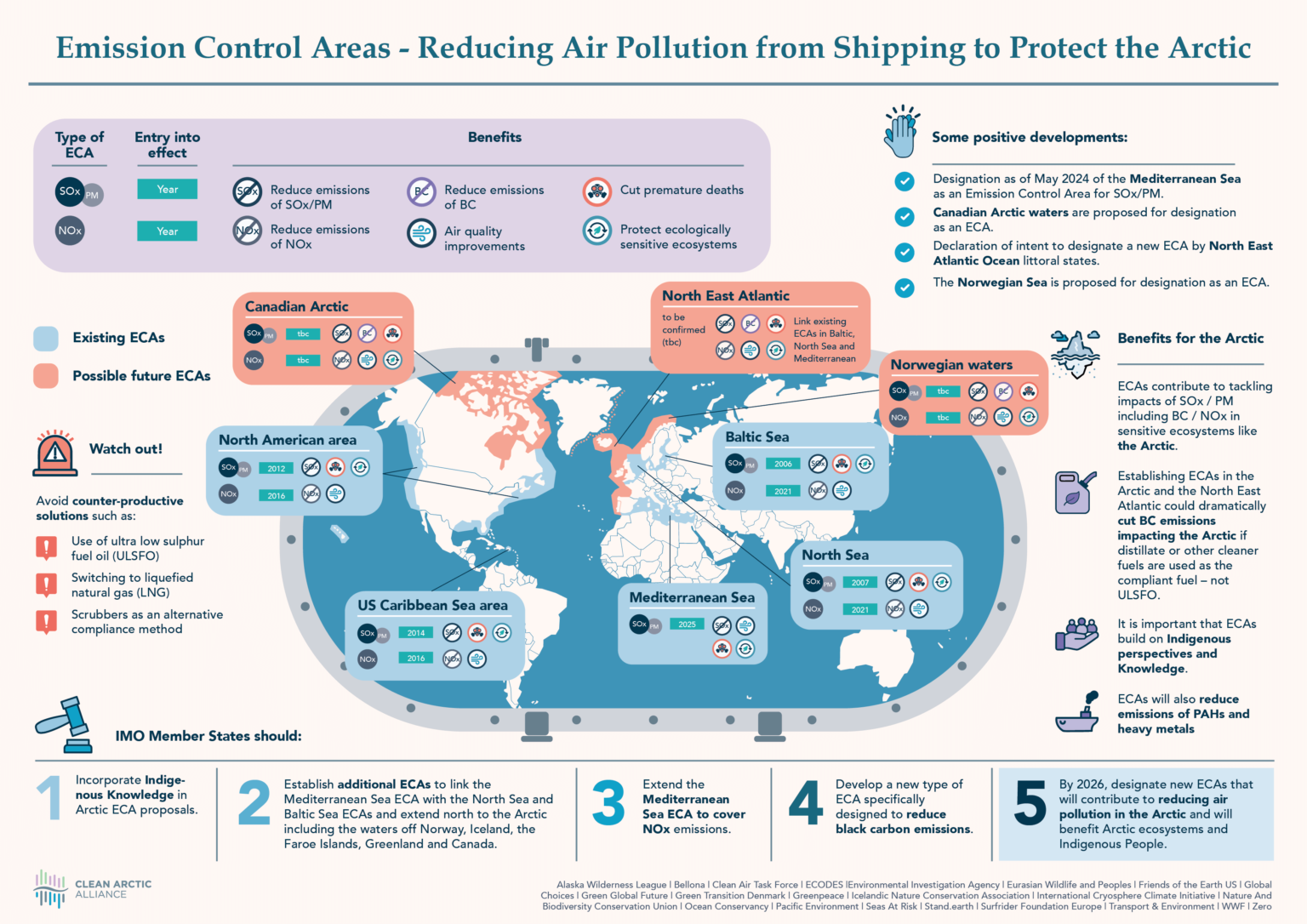
Recent episodes such as the recent intense autumn rainfall, and subsequent devastating flooding in Valencia and elsewhere in Spain caused by a DANA (Depresión Aislada en Niveles Altos – Isolated Depression at High Levels) or gota fría (cold drop), remind us of the importance of maintaining a cold Arctic.
If the Arctic warms, it slows the polar jet stream and causes, more frequent, cold drops like the one experienced in Spain in November. This disaster that swept through Spanish towns was inextricably linked to both an increasingly warmer Mediterranean and Arctic. This is yet another direct consequence of climate change that surprises us every day – we may already exceed the 1.5ºC temperature increase limit this year 2024, as announced by the European agency Copernicus. Clearly, it is necessary to curb climate change emissions in all sectors, and especially in the maritime transport sector that produces 2.9% of global greenhouse emissions and where the impact on the ocean, particularly in the Arctic, is more sensitive due to the intrinsic connection between emissions of black carbon and impact on snow and ice.
The ocean continues to be on the end of the worst impact of maritime transport using the dirtiest fuels, which are only still used in this type of transport, and have terrible global warming effects. For years, NGOs and other concerned entities have been trying to improve this situation using different methods. The creation of Emission Controlled Areas (ECAs), which have stricter rules for ship emissions, is one of the most popular measures, and recently two new ECAs have been created- the Canadian Arctic and Norwegian Sea ECAs. Linking these two areas, by a new ECA in the North Atlantic, has been proposed to help shield the Arctic from the impact of the most harmful fuels that emit nitrogen (NOx) and sulphur (SOx) oxides and black carbon and multiply the greenhouse effect.
This new ECA, if agreed, would be implemented by Iceland, Ireland, the United Kingdom, France, Spain and Portugal, and Denmark, in conjunction with the Faroe Islands and Greenland, in their territorial waters and exclusive economic zones. The benefits of designating such an area are not only environmental. These countries are home to 193 million people who will have reductions in the NOx, SOx and particulate matter they breathe, with the potential to reduce up to 4,000 premature deaths. An associated benefit will be savings of up to 30 billion euros in health costs from 2030 to 2050, as the International Council on Clean Transportation (ICCT) remarks in a recent study.
Catastrophes such as the recent DANA are an overwhelming example of the damage caused by extreme weather events, which will intensify as global warming progresses. It is not only the calculated benefits from reducing the effects of NOx, SOx and particulate matter, but also the effects of climate change that will diminish with a switch to cleaner distillate fuels and the consequent reduction of black carbon. Not only can economic losses in the millions be avoided, but also the loss of many lives.
Talking about all these impacts yet not taking the necessary action seems like a crime. Reducing our impacts on and allying ourselves with nature at all levels is the only way to save the planet, its ecosystems and humanity. The North Atlantic ECA is a tool that will help us protect communities in the region and in the highly vulnerable Arctic. But we must not stop there. Cleaning up polluting emissions from shipping is a bigger task that will not be solved with this ECA alone. We need to continue to switch to cleaner fuels across the planet, increasing energy efficiency, travelling slower and using all possible technologies including wind power, to reduce demand for fossil fuels. And after shipping, we need to work with all other sectors. Every sector needs to decarbonise, and without decarbonisation the risks will increase every day. We cannot afford not to act, our lives depend on it.
Lola Berna Gascón
Arctic and North Atlantic ECA Policy Officer, ECODES
Also published in Spanish: Frenar más DANAS es responsabilidad de todos y la ECA del Atlántico Norte es un gran paso para ello

